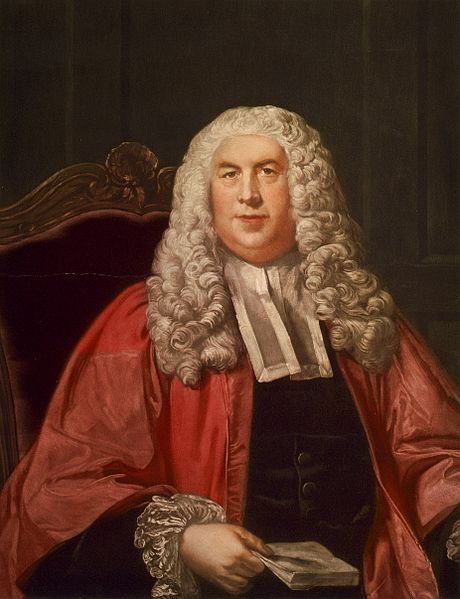
William Blackstone was an 18th century judge who wrote a four-volume work on English Law known as Blackstone's Commentaries. These books had a substantial influence on early U.S. law and on the framing of the Constitution. Blackstone's codes concentrated on "common law," and they remained a part of the U.S. judicial system until the late 1700s.
In his Commentaries, Blackstone discussed the meaning of law--specifically, the concept of universal law, which included human action in opposition to laws of nature and "revealed" (scientific) law. Blackstone was one of the few British judges to be cited in U.S. court cases during the America's early years. Perhaps more surprising, some of the first amendments to the Constitution were derived from Blackstone’s ideas, including the legal basis for a permanent army. The impeachment of a public official was another of Blackstone’s ideas, as well as the right of citizens to bear arms.
Many of the concepts gained from Blackstone originated in much older periods of British history. The Founding Fathers adopted the measures, in part, because there were few complete legal codes available in English at the time. However, the importance of Blackstone’s legacy diminished as new legal measures were introduced within the context of American democracy and the Constitution.
Question
Why were Blackstone's ideas about law replaced later in America?
